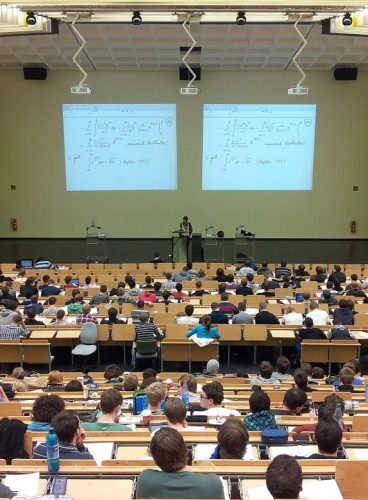UK University Ranking
A Guide to UK University Ranking Systems .
It is a long, mind-boggling process when you have to choose the perfect higher education institution from a list of over 150 universities in the United Kingdom. Therefore, access to all types of information is critical to make sure that the decision you make is the right one. The QS World University Rankings, The Complete University Guide, The Guardian’s league table, and The Times league table are all university ranking systems that help potential students select the best United Kingdom universities. It’s sensible to study more than one table, so you have a full picture of how other people view different universities. Below is a round-up of each university league table in the UK.
The QS World University Ranking table has a heavy focus on the research strengths and reputation of universities all over the world as opposed to a UK university ranking table. Students’ views and teaching quality are some aspects not included in the table. QS offers some weight to staff and student percentages from abroad. This makes it more biased towards unis in locations attractive to the international audience. Cambridge and Oxford universities frequently appear in the first 10 positions.
The Complete University Guide of Top UK Universities .
This league table is compiled annually by Mayfield University Consultants. The Complete University Guide (CUG) gathers information from the Higher Education Statistics Agency (HESA), the Universities and Colleges Admissions Service (UCAS), and UK universities.
CUG ranks universities in Scotland and the UK by taking in undergraduate and research measures. The ranking uses a statistical method they call Z-transformation that’s applied to each result. Z-scores include measurements of how much a student spends on academic services, the degree completion rate, and entry standards. Also included is a measure of graduates’ employability and the proportion of first-class honours to upper seconds. You will also find information about university cities or towns, student reviews, and even crime rates in specific locations.


The Guardian’s League Table .
This league table concentrates on undergraduate studies without paying attention to the university’s research quality. The statistics are usually from the National Student Survey (NSS), which shows how other students are enjoying a specific course or university. The Guardian league table also favours universities that have shown positive results in helping poor academic students to become high-fliers.
A focus on the teaching capabilities of a university makes the table an excellent source for students with great and poor grades at school. The Guardian uses nine criteria when listing universities. These include entry scores, career prospects, expenditure for each student, and the student-staff ratio. A “value-added” criteria involves tracking students from their enrolment to graduation and comparing qualification upon entry to the reward a student receives.
The Times Good University Guide .
This league table measures student satisfaction, teaching excellence, and research quality. Projects like the Klingenberg labs from the University of Manchester are some of the things you need to consider. Also included is data from HESA and data on the number of students who remain unemployed six months after graduating. The Times includes profiles of all universities along with accommodation and fees costs. If you are looking for a way of measuring the chances of enjoying a certain university, this is the table you need to look at.
Are you wondering what UK university ranking system is the most reliable and accurate? Then you must consider the measures that are most critical to you. Perhaps you are keener on the research quality than teaching quality. Maybe the international reputation of a university is critical or how much it can help students achieve their full potential. While there’s a lot of information to process, taking your time to research the different universities in UK is worthwhile. It offers you a chance at making the best decision at an important time.

